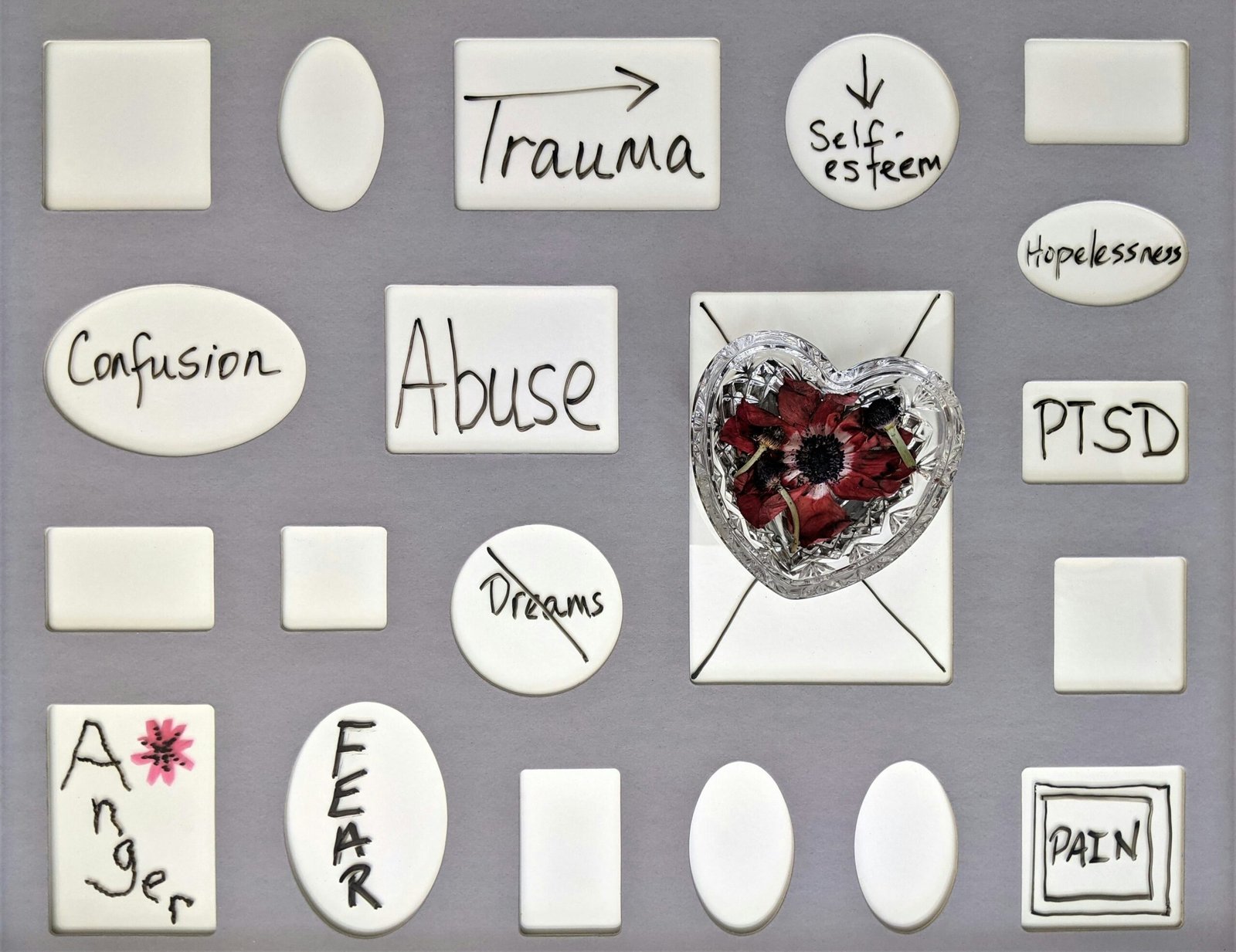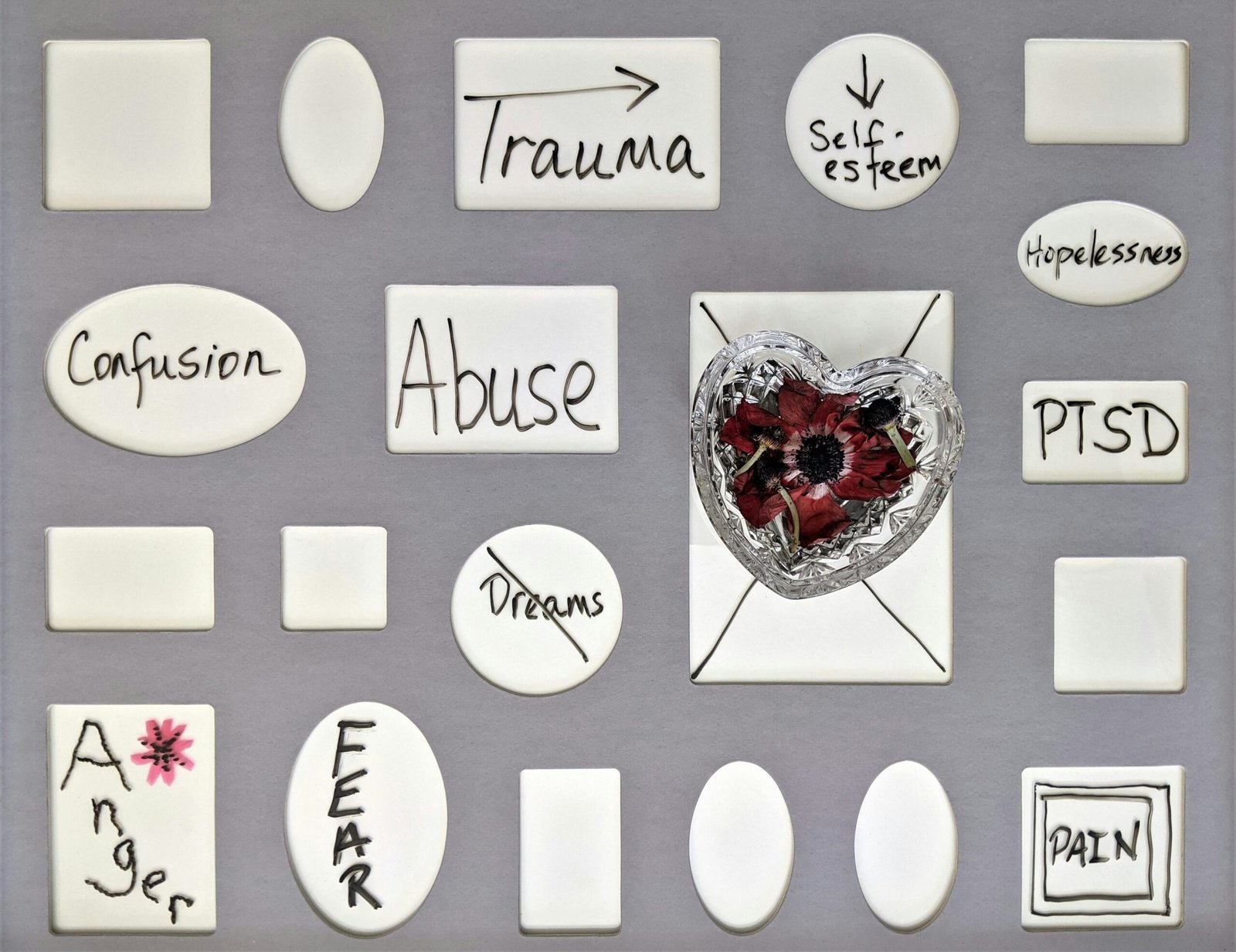Introduction
Infidelity can be devastating, shaking the very foundation of a marriage. Rebuilding trust after such a betrayal is a challenging journey that requires patience, commitment, and open communication. In this blog post, we will explore ten proven steps to regain trust and heal a marriage after infidelity.
1. Acknowledge the Pain and Betrayal
The first step towards rebuilding trust is acknowledging the pain and betrayal caused by the infidelity. Both partners must be willing to confront and express their emotions, allowing for open and honest communication. This process helps create a safe space for healing to begin.
2. Seek Professional Help
Consider seeking the guidance of a professional therapist or counselor who specializes in infidelity. They can provide a neutral and supportive environment to navigate the complex emotions, help facilitate healing, and offer tools to rebuild trust.
3. Establish Boundaries and Rebuild Transparency
Rebuilding trust requires establishing clear boundaries and open communication. Both partners should be willing to share their whereabouts, social media activities, and any other relevant information to regain a sense of transparency and security.
4. Practice Empathy and Understanding
Rebuilding trust involves practicing empathy and understanding towards the betrayed partner. The unfaithful spouse should actively listen, validate their partner’s emotions, and demonstrate genuine remorse for their actions. This helps create a foundation for healing and rebuilding the relationship.
5. Take Responsibility and Apologize
The unfaithful partner must take full responsibility for their actions and offer a sincere apology. A genuine apology includes acknowledging the hurt caused, expressing remorse, and making a commitment to change. This step is crucial in rebuilding trust.
6. Show Consistency and Reliability
Regaining trust requires consistent and reliable behavior. The unfaithful partner should demonstrate their commitment to change through actions rather than words. Consistency over time helps rebuild faith in the relationship.
7. Practice Patience and Allow Healing
Healing takes time, and both partners need to practice patience throughout the process. The betrayed spouse may experience a range of emotions, including anger, sadness, and insecurity. It is essential to allow these emotions to be expressed and support each other through the healing journey.
8. Foster Open and Honest Communication
Rebuilding trust necessitates open and honest communication. Both partners should feel safe expressing their needs, concerns, and fears without judgment. Regular check-ins and couples’ therapy can help facilitate effective communication.
9. Rebuild Intimacy and Connection
Rebuilding trust involves reestablishing intimacy and connection. This can be achieved by engaging in activities that foster emotional and physical closeness, such as date nights, shared hobbies, and quality time together. Rebuilding intimacy takes time and patience.
10. Practice Forgiveness
Forgiveness is a crucial step towards healing and rebuilding trust. It is a decision to let go of resentment and move forward together. Forgiveness does not mean forgetting or condoning the infidelity but rather choosing to focus on rebuilding the relationship.
FAQs
Q: Can a marriage survive infidelity?
A: Yes, many marriages can survive infidelity with commitment, effort, and professional help.
Q: How long does it take to rebuild trust after infidelity?
A: Rebuilding trust is a gradual process that varies for each couple. It can take several months or even years.
Q: Is it possible to trust again after infidelity?
A: Yes, with time, effort, and a commitment to rebuilding the relationship, it is possible to regain trust.
Q: Should I confront the person my partner had an affair with?
A: Confronting the third party can often complicate matters further. It is advisable to focus on rebuilding trust within the marriage instead.
Q: Can infidelity strengthen a marriage in the long run?
A: While infidelity is undoubtedly a significant challenge, some couples emerge stronger and more resilient after successfully navigating the healing process.
Q: Should I disclose the affair to friends and family?
A: Deciding whether to disclose the affair to friends and family is a personal choice. It is essential to consider the potential impact on both partners and the overall healing process.
Q: Is it normal to have trust issues after infidelity?
A: Yes, trust issues are common after infidelity. Rebuilding trust requires time, effort, and a commitment to open communication.
Q: Can therapy help rebuild trust after infidelity?
A: Yes, therapy can provide a supportive environment to address the emotional impact of infidelity and facilitate the rebuilding of trust.
Q: How can I rebuild trust if my partner is not remorseful?
A: Rebuilding trust requires both partners to be committed to the process. If your partner is not remorseful, seeking professional help can provide guidance and support.
Q: Can trust be fully restored after infidelity?
A: While trust can be rebuilt, it may never be the same as before the infidelity. Rebuilding trust involves creating a new foundation based on honesty, open communication, and commitment.
Conclusion
Rebuilding trust after infidelity is a challenging but achievable process. It requires both partners to be committed, patient, and willing to put in the effort. By following these ten steps and seeking professional help when needed, couples can heal their marriage and create a stronger, more resilient bond.
Call to Action
If you or someone you know is struggling with trust after infidelity, remember that healing is possible. Share this blog post with others who may benefit from these steps and encourage them to seek the support they need. Together, we can rebuild trust and create stronger, healthier relationships.









